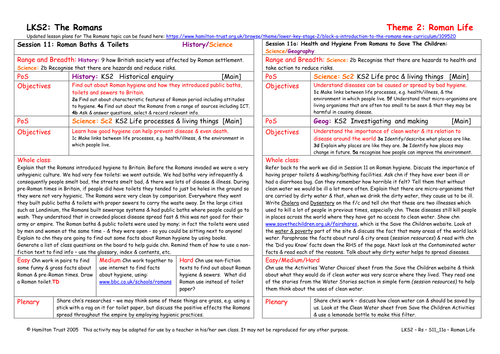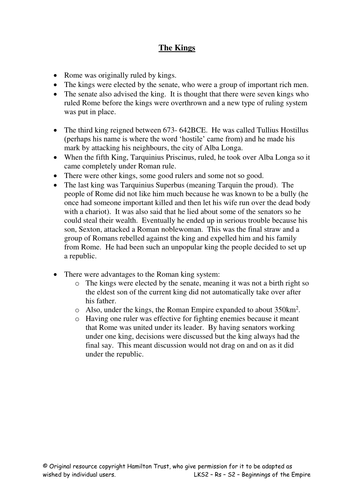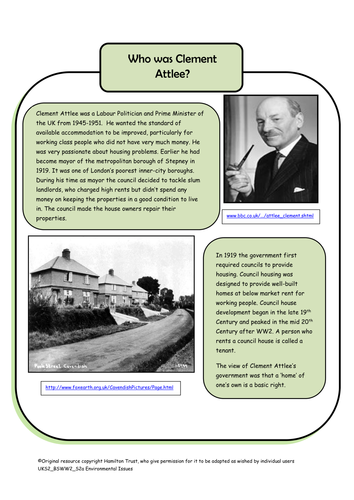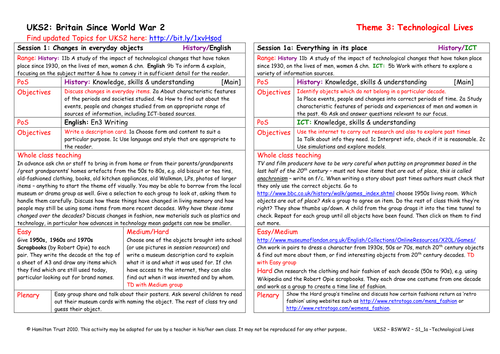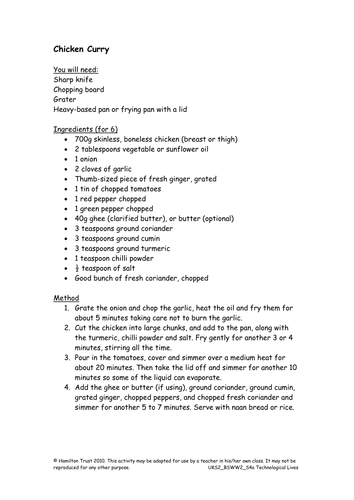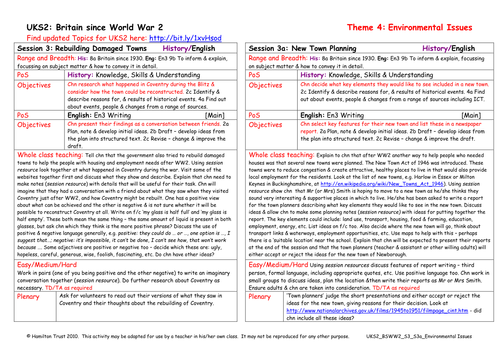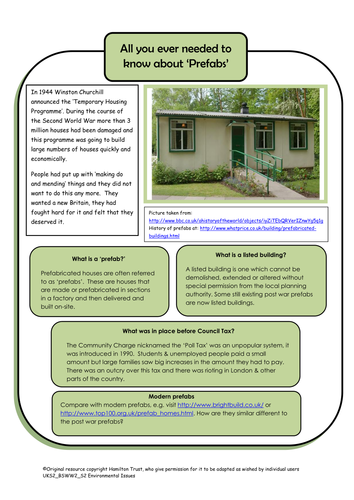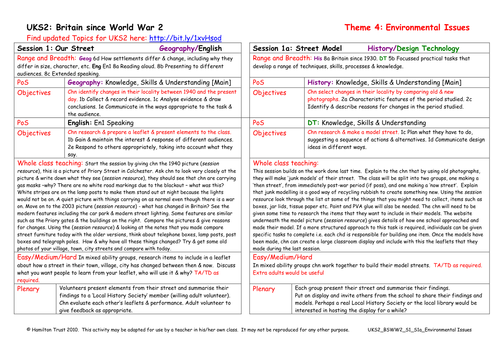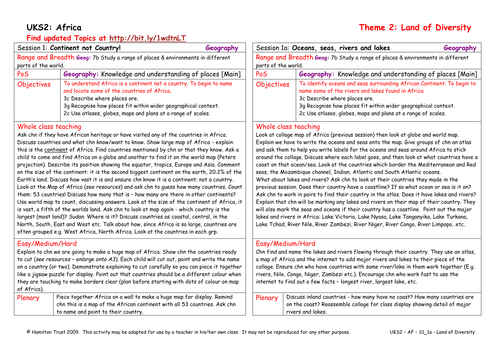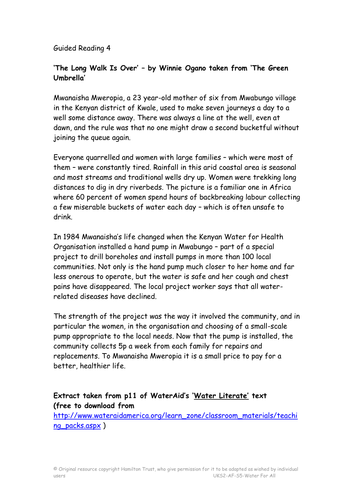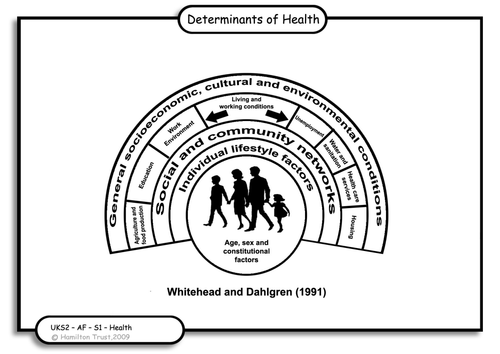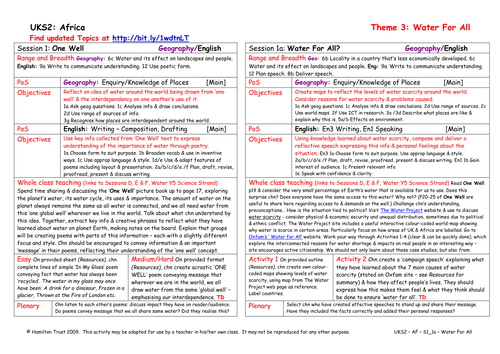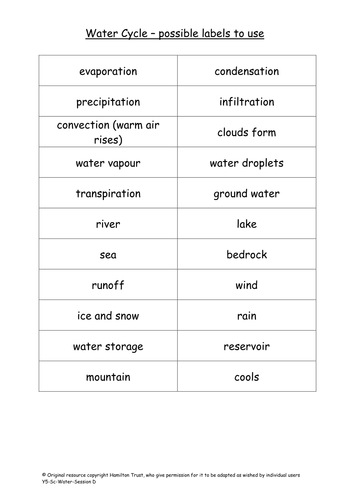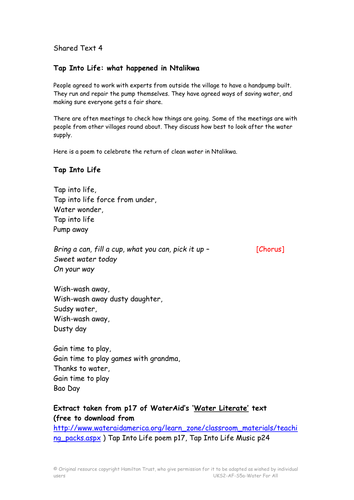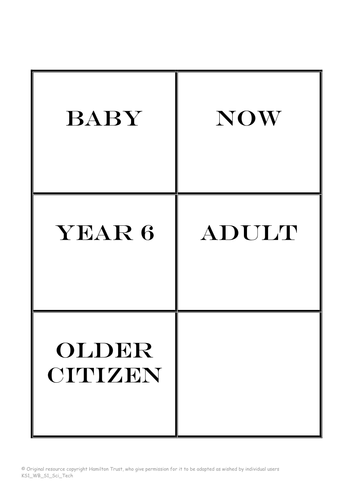
397Uploads
10041k+Views
11644k+Downloads
All resources

Roman Baths & Toilets
In this session children look at how the Romans improved hygiene arrangements across the empire by providing clean water and drains for sewage. Children investigate Roman toilets and baths, and discuss the positive effects of these innovations.
Suitable for years 3 and 4.

Kings, Republic, Emperors
Children locate the Roman empire on a timeline and discuss how historians and archaeologists are able to piece together the facts. They look at the 3 systems of government: monarchy, republic and emperors, and debate advantages/disadvantages of each.
Suitable for years 3 and 4.

Council Houses
Children recognise the need for affordable social housing. Groups discuss different forms of affordable housing – council houses, tower blocks, housing associations, prefabs.
Feedback to class with pros and cons and decide which would be most useful after a problem.

Changes In Everyday Objects
Children look at every day objects which have changed since WW2, choose one and write a museum card for it.

Effects of Human Land Use
Children read the description of a fictional tourist town, they consider the way the town is dependent upon the tourist industry that surrounds the Coral Lake.
A proposed new bylaw aims to change things – what effects will this have? Children hold a town meeting.

Modern Day Meals
Children discuss their favourite meals, made a model/drawing of it as session 4. One group prepares a chicken curry. All taste this and vote for either the 1950s chicken meal or the modern day curry.

Rebuilding Damaged Towns
After WW2 many towns that were badly damaged in the bombing needed to be re-built. Children research what happened in Coventry and consider what could be done to help re-build and re-construct the area. Present their findings as a conversation between friends.

Prefabs
Children understand that millions of houses were destroyed during WW2 and they needed to be replaced. Houses were designed that were pre-fabricated. They were quick to build; thousands were put up in the 1940s/1950s. Children choose key info needed to sell a prefab.

Our Street
Children look at streets around the school, houses, shops and street furniture. Compare today with the 1940s. Use old photos of home town/village or city as resources. Children produce a leaflet showing how their street has changed between then and now.

Building a Sporting Future for Africa
In this session children take a look at successful Olympic bids from London and Rio before starting to put together their own 2020 bid on behalf of one of the World Cup host cities.

Continent Not Country!
Children look closely at the continent of Africa. They recognise that it is a huge and diverse land with many different countries and widely varying landscapes and climates. They take 1/2 countries each and create a huge collage-map of Africa.
Suitable for years 5 and 6.

Meet Amina In Malawi
Dramatic changes to people’s lives occur when access to clean, safe water and latrine facilities are brought to a community. Children discuss ‘The Long Walk Is Over’ and read Amina’s story. They make ‘before and ‘after’ diary entries for her, expressing this change.
Suitable for years 5 and 6.

Life Chances
Use the life chances game to explore how your chances of being healthy and living a long life, depend upon where you live in the world. A focus on Africa.
Suitable for years 5 and 6.

Mini World Cup
Is your school ready for kick off? In this session you help the children plan a mini world cup for your school. How can you get other children involved? Who will take responsibility for each aspect of the mini tournament?

No Magic Tap
Find out about children’s experience of water all around the world using Oxfam’s Our World Of Water and compare with life in the UK. In a similar style to the book, children create a ‘scrapbook’ page comparing their lives with Khadija or Gamuchu from Africa.
Suitable for years 5 and 6.

One Well
Imagine that all the water on Earth came from one well! Children learn that the amount of water on our planet never changes and that we are all connected by the way we draw water from the same source. Children then convey this understanding through poetry.
Suitable for years 5 and 6.

Water cycle
Children explain how evaporation and condensation are involved in the water cycle and describe all the water cycle processes. Identify the different forms of water that are seen in various weather conditions and the different clouds that are seen in our skies.
Suitable for Y5 pupils.

Tap Into Life
Time to celebrate water! Children use the Oxfam online water photo-montage and Water Literate’s ‘Tap Into Life’ poem set to their provided music, to both prepare a performance and write their own celebratory poems with percussive backgrounds.
Suitable for years 5 and 6.

Sporting South Africa: The Past
On 18th August 1964 South Africa’s invitation to the Olympic Games was withdrawn. What followed was nearly thirty years in the sporting wilderness. In this session children study key dates and events which are added to a timeline.

Journey of Life
How have we changed since we were babies? How will we change as we grow up? Children explore these questions by thinking about the different stages of life and recording their thoughts in zig-zag books.

